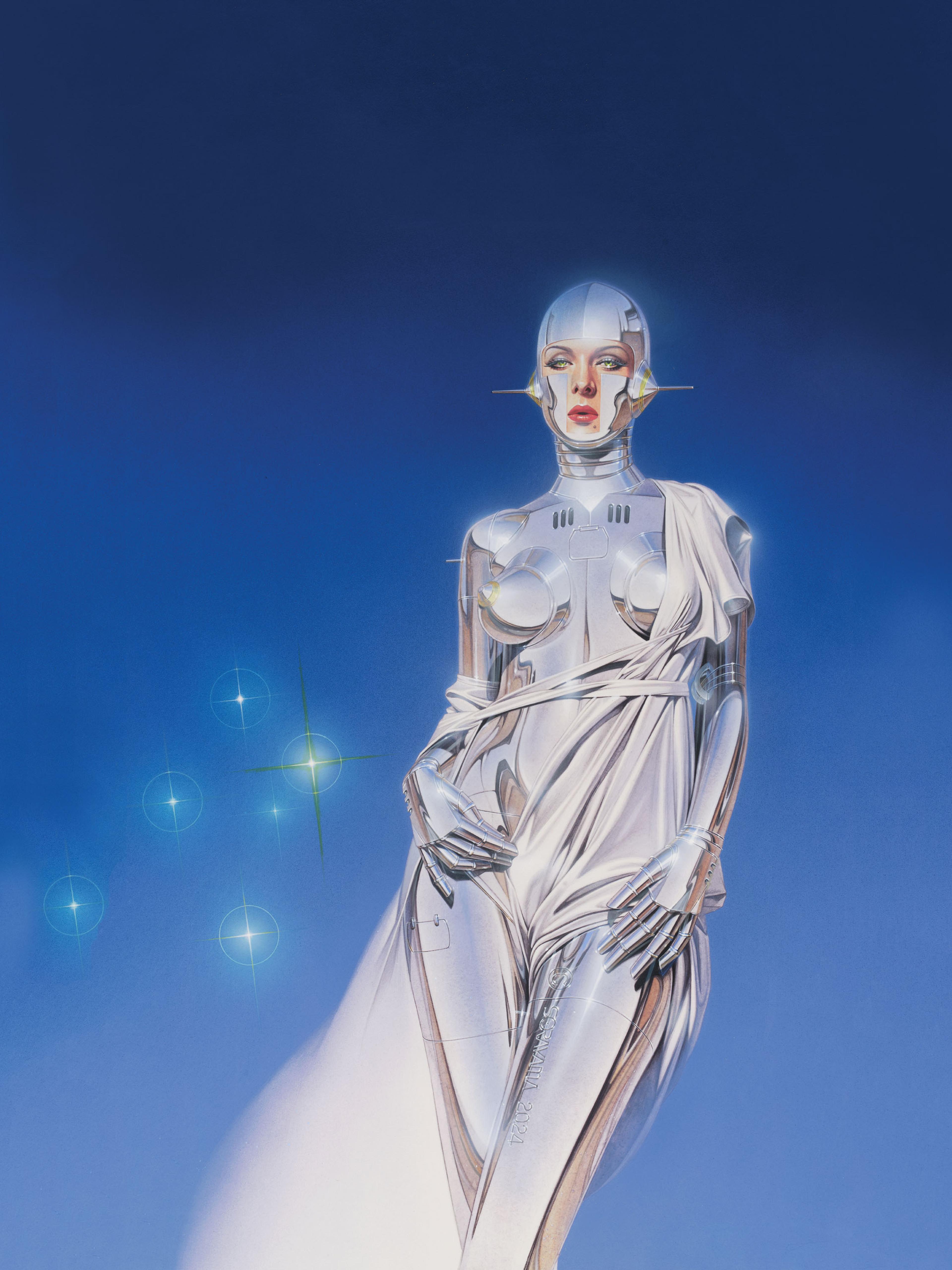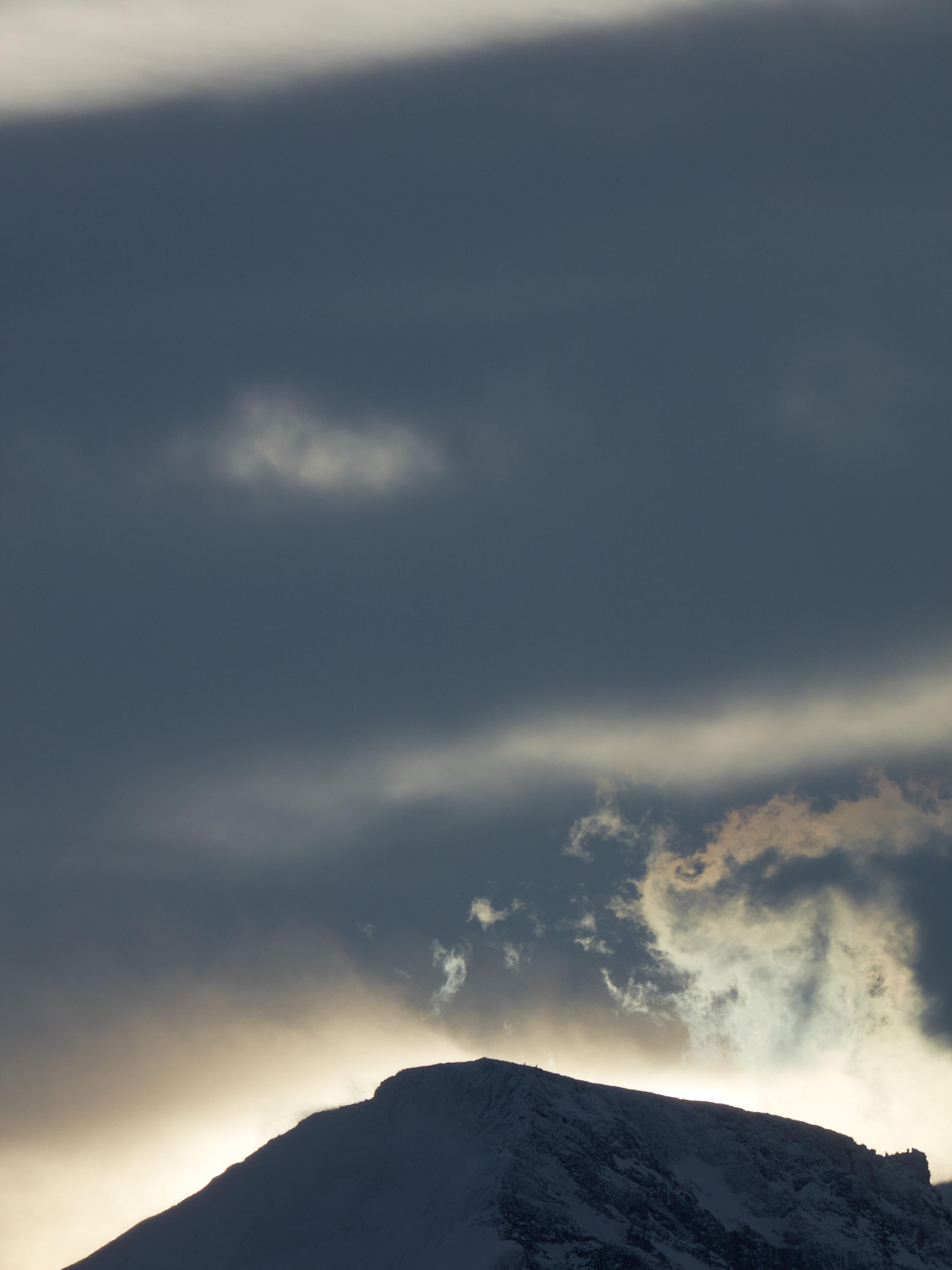Noise
MANIFESTO: DR. JANE GOODALL
Dr.JaNe GOODaLL
MANIFESTO
Words: 896
Estimated reading time: 5M
By Dr. Jane Goodall
We are going through dark times, politically, socially and environmentally. There are two major wars in Europe and the Middle East, some 15 conflicts around Africa and so much unrest, demonstrations and shootings, everywhere. The harm we have inflicted on the environment is devastating: reckless burning of fossil fuels releasing CO2 into the atmosphere which, along with methane and nitrous oxide, produces greenhouse gases that blanket the planet and trap the heat of the sun, causing global warming and disruption of weather patterns. Storms, flooding, heatwaves and wildfires are more frequent and worse.
There is the crazy idea that there can be unlimited economic growth on a planet with finite natural resources and a growing population. The gap between the haves and the have nots is getting wider. The wealthy are placing unsustainable demands on Earth to fuel their lifestyles, while the poor destroy their environment to survive—cutting down trees to make money from charcoal or timber, or to acquire more land for growing food for their families. And everywhere is the scourge of corruption. So it is not surprising that many people, especially young people, are losing hope. And when people lose hope, they become angry, depressed or simply apathetic. So many feel helpless—in the face of all that is going on, what earthly difference can you make? The answer is to take action. What do you care about in your neighbourhood? Get a group of people who care about the same issue—such as cleaning the streets of litter, raising money for refugees, volunteering at an animal shelter or a soup kitchen, writing letters to the city council and so on. You will find you do make a difference. And then, realising that people like you can make a difference everywhere, you will be more hopeful.
I am always being asked how I can remain hopeful. And there are four reasons. Firstly, young people. Once they are empowered to take action, they tackle problems with energy, determination and persistence. All around the world they are making a difference. Through Jane Goodall’s Roots & Shoots programme—which is active in more than 65 countries— young people can and are making a difference, influencing their parents and grandparents. And many are now in decision-making positions around the world.
Secondly, the resilience of nature. Places that we have utterly destroyed—through deforestation, mining, industrial farming and so on— can, given time and perhaps a helping hand, once again be restored. Trees will spring up from seeds left in the ground. There are efforts around the world to restore forests by planting the right kind of indigenous trees. Rivers can be cleaned up. Wildlife will return. And animals, on the very brink of extinction, can be given another chance. At one time, there were only two black robins left in New Zealand. Thanks to the determination of a few biologists, there are now over 200.
Thirdly, our human brains. We are beginning to use our intellect to create technology that will enable us to live in better harmony with the natural world, such as renewable energy and carbon capture. There’s a growing awareness of how we, as individuals, can make a difference. We can ask questions about what we buy: Did its production harm the environment? Was it cruel to animals (as in factory farming)? Is it cheap because of unfair wages or slave labour? If so, don’t buy it. Does it cost a little more to buy ethically-sourced products? Perhaps, but then it will be valued more and there will be less waste. And consumer pressure is beginning to force many companies to rethink how they source their products.
Fourthly, the indomitable human spirit. Those who tackle seemingly impossible problems don’t give up and so often succeed. And they inspire others to join them. I truly believe that, if we act together, and act now, we can slow down climate change and the loss of animal and plant species. With better education around the world and more informed young people, we can learn to live in harmony with the natural world on which we depend for food, water, air— everything. And, although this will be harder, we can learn to live in peace with each other. We know how to do all of this, and we have the tools. There are signs of growing awareness everywhere. Above all, we must never lose hope.
Jane Goodall, PhD, DBE
Founder, the Jane Goodall Institute
UN Messenger of Peace



